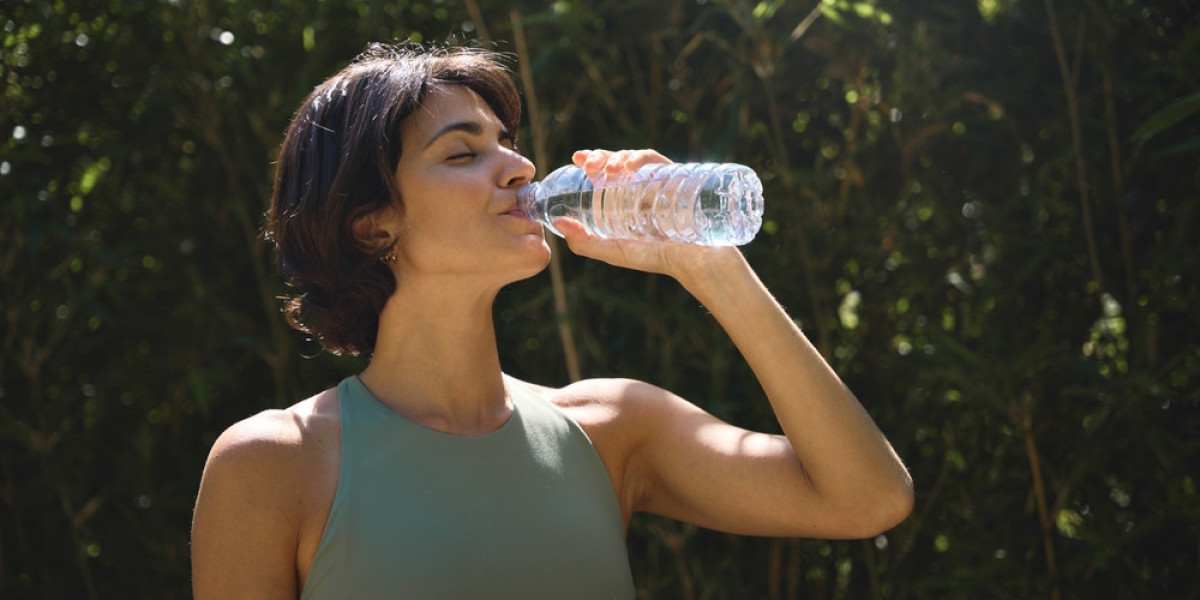Did you know that dehydration can cause your blood pressure to spike? Many people focus on diet and exercise to maintain heart health but overlook something just as crucial—hydration. The link between dehydration and high blood pressure is well-documented. When you don’t drink enough water, your body compensates by narrowing blood vessels, making it harder for your heart to pump blood efficiently.
If you struggle with high blood pressure or want to prevent it, proper hydration can make a big difference. This guide will help you understand why water matters, how to spot dehydration, and practical ways to stay hydrated throughout the day. Let’s dive in!
Why Does Hydration Matter for Blood Pressure?
Water plays a crucial role in keeping your blood pressure stable. When you’re dehydrated, your body tries to conserve fluids by releasing vasopressin, a hormone that signals blood vessels to constrict. This leads to increased resistance in your arteries, which can drive up blood pressure.
How Dehydration Affects Circulation
Your blood becomes thicker, forcing the heart to work harder.
Sodium levels rise, causing fluid retention and higher pressure in your blood vessels.
Reduced blood flow to vital organs can contribute to long-term cardiovascular issues.
On the other hand, staying hydrated helps your heart pump more efficiently, keeping blood pressure within a healthy range.
Signs You Might Be Dehydrated Without Realizing It
Mild dehydration often goes unnoticed, yet it can still impact your health. You don’t have to feel thirsty to be dehydrated—sometimes, your body gives more subtle warnings.
Common Signs of Dehydration
Dry mouth or chapped lips.
Fatigue or frequent headaches.
Dizziness, especially when standing up quickly.
Dark yellow urine or infrequent bathroom trips.
Muscle cramps, particularly after physical activity.
If you notice any of these symptoms regularly, your hydration levels may be affecting your blood pressure.
How Much Water Do You Need?
The “eight glasses a day” rule is a decent guideline, but hydration needs vary based on several factors.
Factors That Affect Your Water Needs
Body weight – Heavier individuals require more fluids.
Activity level – Exercise increases water loss through sweat.
Climate – Hotter environments lead to faster dehydration.
Salt intake – High sodium consumption demands more water to balance fluids.
Electrolytes and Hydration
It’s not just about drinking water—electrolytes like sodium, potassium, and magnesium help maintain fluid balance. Coconut water, bananas, and leafy greens are great natural sources to support hydration and blood pressure control.
Best Hydration Strategies for a Healthy Blood Pressure
Drinking water sounds simple, but many people struggle with consistency. Here are some easy ways to improve your hydration habits.
1. Drink Water Gradually Throughout the Day
Drinking large amounts at once isn’t as effective as sipping water consistently. Keep a water bottle handy and set reminders if needed.
2. Eat Water-Rich Foods
Hydration isn’t just about beverages—many foods have high water content. Some excellent options include:
Cucumbers (96% water)
Watermelon (92% water)
Oranges (86% water)
Yogurt (85% water)
3. Try Herbal Teas and Low-Sodium Broths
If plain water feels boring, unsweetened herbal teas or broth-based soups can help keep your fluid intake up. Look for low-sodium options to avoid excess salt.
Does Caffeine or Alcohol Affect Your Hydration Levels?
You might be wondering—do coffee and alcohol dehydrate you? The answer isn’t as straightforward as you think.
Caffeine and Hydration
While caffeine is a mild diuretic, regular coffee drinkers develop a tolerance, meaning their bodies don’t lose as much fluid. That said, if you consume more than 400 mg of caffeine daily (about four cups of coffee), you may need extra water to stay balanced.
Alcohol and Fluid Loss
Alcohol, on the other hand, has a stronger diuretic effect. Drinking too much can lead to dehydration, which can temporarily raise blood pressure. To prevent this:
Alternate alcoholic drinks with water.
Limit intake, especially if you already have high blood pressure.
Choose lower-alcohol options like wine or light beer.
Being mindful of these beverages can help you stay hydrated while still enjoying your favorite drinks.
Smart Ways to Track and Improve Your Hydration
Staying hydrated requires consistency, and sometimes, a little planning can make all the difference.
Simple Hydration Hacks
Use a hydration app – Apps like WaterMinder or Hydro Coach can send reminders and track your intake.
Keep a reusable water bottle with you – A visible reminder makes it easier to drink regularly.
Flavor your water – Adding lemon, berries, or mint can make it more appealing.
Drink a glass of water before meals – This not only keeps you hydrated but can also help with portion control.
Making hydration a daily habit








